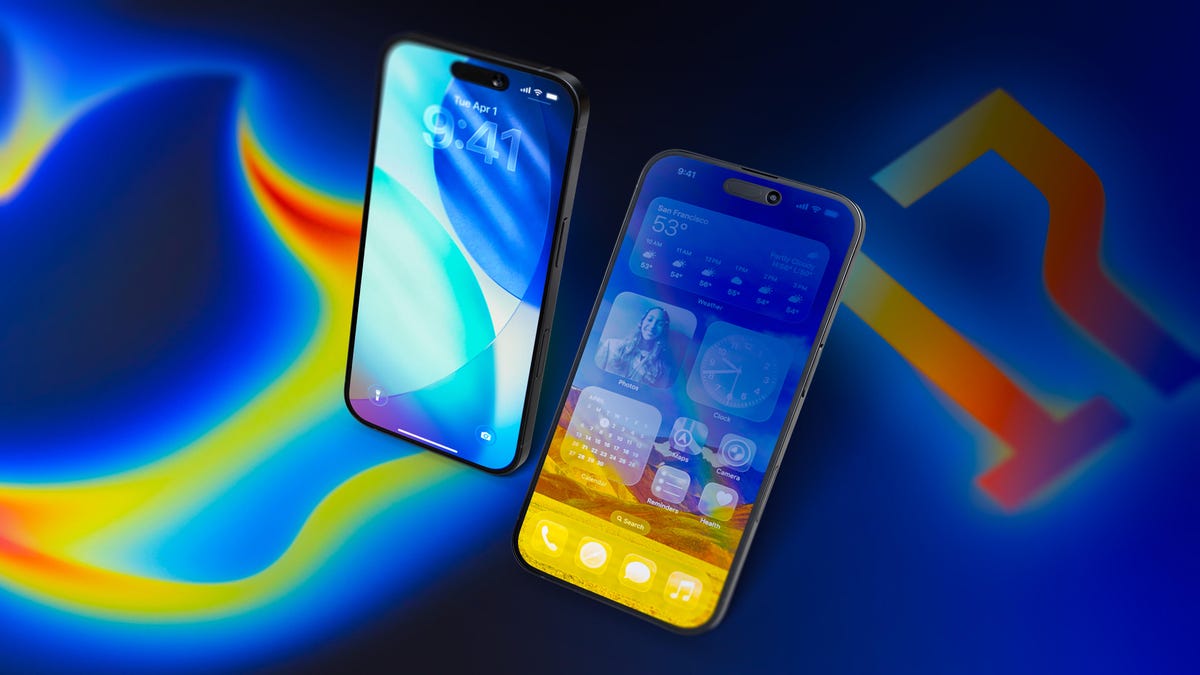Apple’s Upcoming iPhone 17 Event Faces Scrutiny Over AI Strategy

Key Points
- Apple plans to unveil the iPhone 17 lineup, new AirPods, and Apple Watches.
- Apple Intelligence was introduced at last year’s WWDC but many features remain delayed.
- A smarter Siri has not yet been released despite prior promises.
- Google, Samsung, and Microsoft have integrated AI into their products more rapidly.
- Only 11% of U.S. smartphone users upgrade primarily for AI, according to a 2025 CNET survey.
- Some users find Apple’s visual‑intelligence camera controls intrusive and have disabled them.
- Leaks focus on larger batteries, new colors, and a possible ultra‑slim iPhone 17 Air model.
- Critics recall a controversial iPad commercial that alienated creators.
Apple is set to unveil the iPhone 17 lineup, along with new AirPods and Apple Watches, at its next event. While the hardware upgrades generate excitement, the company's recent AI efforts have drawn criticism. Apple introduced Apple Intelligence at last year’s WWDC, yet many promised features arrived quietly or were delayed, and a smarter Siri remains pending. Competitors such as Google, Samsung, and Microsoft have moved faster in embedding AI across devices. A recent CNET survey showed only a small fraction of U.S. users upgrade phones solely for AI, and some users have already expressed frustration with Apple’s visual‑intelligence controls. The upcoming launch will test whether Apple can balance hardware appeal with a more credible AI narrative.
Event Expectations
Apple is preparing to showcase the iPhone 17 family, which may include an ultra‑slim model dubbed the 17 Air, alongside refreshed AirPods and Apple Watches. Leaks have highlighted larger batteries, new color options, and potential price adjustments. These hardware cues are central to the company’s pitch for consumers considering an upgrade.
Apple’s AI Track Record
Last year’s WWDC introduced Apple Intelligence, but the rollout has been uneven. Several AI capabilities demonstrated at the conference were released with minimal fanfare or postponed for later software updates. Apple even withdrew commercials that showcased advanced AI tools that had not yet reached the public. A promised AI‑enhanced Siri remains unavailable, underscoring a gap between marketing promises and product delivery.
Competitive Landscape
Rival firms—including Google, Samsung, and Microsoft—have swiftly integrated AI into smartphones, laptops, and standalone devices. Their rapid adoption contrasts with Apple’s perceived lag, a point often highlighted by Android enthusiasts who note that many iOS features arrive after similar Android implementations. This competitive pressure intensifies scrutiny of Apple’s AI roadmap.
Consumer Sentiment
A 2025 CNET survey revealed that only 11% of U.S. smartphone users upgrade their devices primarily for AI features. Additionally, some users have reported annoyance with the camera control button tied to Apple’s visual‑intelligence system, opting to disable it entirely. The “crushing creatives” iPad commercial also sparked backlash, illustrating the challenges Apple faces in aligning AI messaging with consumer expectations.
Looking Ahead
Industry observers hope the upcoming event will feature AI as a brief component rather than the central sales narrative. With hardware enhancements on the table and lingering doubts about AI delivery, Apple’s ability to convince consumers to upgrade hinges on demonstrating tangible value beyond hype. The event will reveal whether Apple has learned from past missteps and can present a cohesive vision that satisfies both hardware enthusiasts and AI‑curious customers.